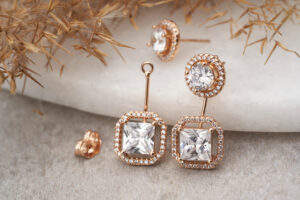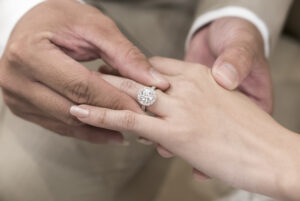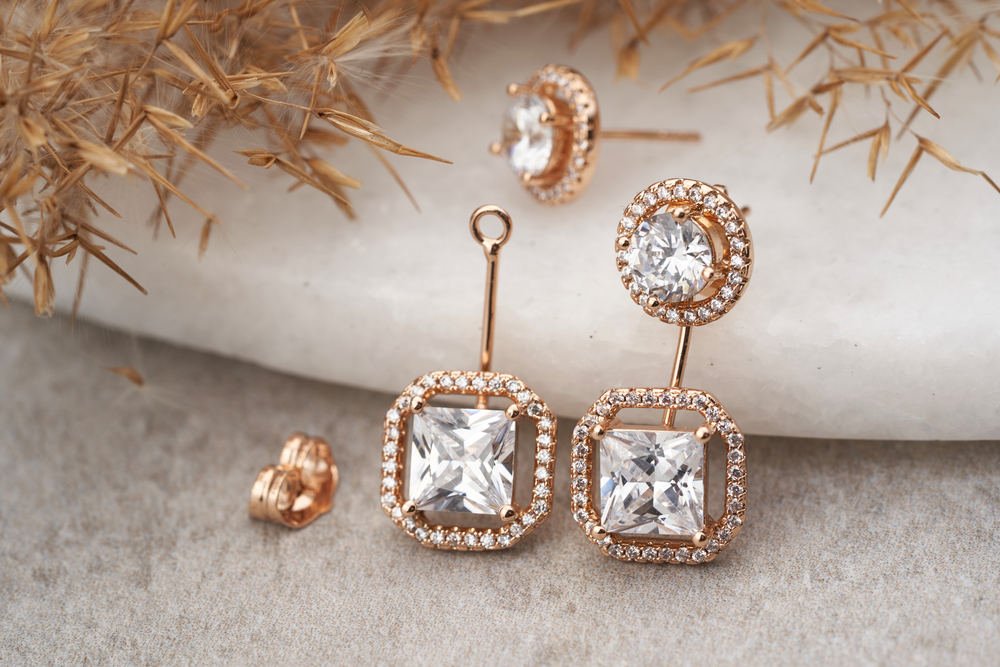
The popularity of lab-grown diamonds is increasing each day as more and more people are choosing them over natural diamonds that are mined using exploited labor. Today, millennials are more inclined towards lab-grown diamonds and companies are trying to fulfill the increasing demands. If you are a first-time buyer of lab-grown diamond jewelry, you may tend to make some mistakes that will result in the loss of money and time.
Here are some lab-grown diamond buying mistakes that you should avoid completely.
Not Thinking Long-Term
You may like pear-shaped sapphires for now, but 10 years from now you’ll wish you’d bought a classic round Lab Grown Diamond. Consider what you’ll always like if you’re looking for a stone to preserve and pass down. We all go through periods, such as when we desire to get rid of that one tattoo. So, when choosing a beautiful diamond ring consider what will stand the test of time.
Not Sticking To The Budget
Make sure to keep your budget in mind and ask jewelry specialists to assist you in finding the most beautiful diamond ring inside your budget. You need to first figure out what characteristics are most essential to you, such as the diamond’s size and shape. Then figure out the carat weight of the diamond.
Choosing A Non-Upgradable Setting
Many people these days prefer a halo setting for their engagement ring. However, it has a disadvantage. You may have to buy an entirely new ring when you wish to upgrade the center diamond. Therefore, it is important to choose a setting for your diamond ring that can be upgraded later. A solitaire setting is the best choice you have if you wish to make a style change later. You can easily adjust the prongs in a solitaire setting.
Not Knowing Anything About The 4Cs

If you do not know anything about the 4Cs of the diamond, it is better to do thorough research before buying a lab-grown diamond ring. The 4Cs of the diamond stand for cut, clarity, color, and carat weight. All these factors are essential in making a decision on the purchase of lab-grown diamonds and natural diamonds.
Not Insuring Your Ring
Most jewelers recommend getting your lab-grown diamonds covered by insured just in case if it is stolen or lost. You may be able to add your lab-grown diamond ring to your renter’s or homeowner’s insurance.
